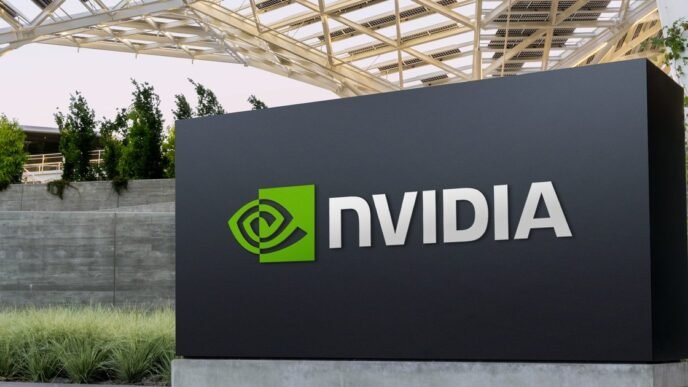The internet thrives on new terms, especially those that encapsulate significant cultural shifts or emerging trends. In 2013, Economist columnist Adrian Wooldridge introduced the term “techlash”, predicting a backlash against Silicon Valley’s elite. Wooldridge foresaw a growing public disenchantment with Big Tech leaders, once hailed as harbingers of a bright future, now viewed with skepticism and distrust.
The Emergence of Techlash
Although Wooldridge didn’t specify when the techlash would unfold, the dramatic shift in public sentiment toward Big Tech is undeniable and ongoing. Despite the fervent support from figures like Elon Musk and his followers on platforms like X (formerly Twitter), the collective condemnation from diverse voices, including political leaders like Elizabeth Warren and Lindsey Graham, indicates that Silicon Valley isn’t winning popular approval.
Historical Criticism of Silicon Valley
Critics of Silicon Valley’s excesses have always existed, but for nearly two decades, their voices were often dismissed as Luddites or overshadowed by techno-optimists. Today, these dissenting voices have resurfaced stronger than ever, leveraging platforms like Substacks, media columns, and book deals to amplify their concerns.
Key Publications Fueling the Techlash Movement
Two notable books have significantly contributed to the techlash discourse:
- “The Venture Alchemists: How Big Tech Turned Profits into Power” by Rob Lalka
- “The Tech Coup: How to Save Democracy from Silicon Valley” by Marietje Schaake
These works highlight how Big Tech has leveraged its immense wealth and influence to challenge democratic processes and outline strategies to reclaim power from these tech giants.
Rob Lalka’s “The Venture Alchemists”
Rob Lalka, a business professor at Tulane University, delves into how a select group of entrepreneurs transformed innovative ideas into vast fortunes and significant influence. The book profiles iconic figures like Mark Zuckerberg, Larry Page, Sergey Brin, Peter Thiel, and Travis Kalanick, among others. Lalka explores the Silicon Valley mindset—often masked by disruptive jargon such as “move fast and break things”—and reveals its darker, more authoritarian underpinnings. He argues that these tech leaders believe their power should remain unchecked by governments or regulators.
Marietje Schaake’s “The Tech Coup”
Marietje Schaake, a former European Parliament member and current international policy director at Stanford University’s Cyber Policy Center, examines Big Tech’s power grab over democracy. Her book discusses the misuse of technologies like spyware and social media to manipulate political landscapes and suggests comprehensive regulatory measures to realign technology with democratic values.
The Impact of Big Tech on Democracy
Big Tech companies have increasingly influenced how we communicate, consume news, and perceive our roles in society. Authors like Lalka and Schaake illustrate how these companies’ foundational values—rooted in libertarian and free-market ideologies—have been ingrained into their corporate DNA, leading to significant societal impacts.
The Call for Regulation
As Big Tech’s influence grows, so does the need for effective regulation. Schaake’s “The Tech Coup” offers a roadmap for regulating these corporations, emphasizing the importance of integrating technology within democratic frameworks rather than allowing technology to dictate democratic principles. She proposes banning antidemocratic technologies and establishing independent advisory teams to guide legislative bodies.
Overcoming Tech Revanchism
The push for regulation has sparked a counter-movement known as “tech revanchism,” where Big Tech firms lobby aggressively to resist regulatory measures. Prominent venture capitalists and tech leaders, including figures like Reid Hoffman and Elon Musk, argue that regulation stifles innovation. However, experts like Cal Newport advocate for a balanced approach that supports beneficial innovations while recognizing the need for oversight.
Reimagining Success Beyond Disruption
To truly address the challenges posed by Big Tech, society must reconsider its obsession with disruption and innovation. Advocating for stability and focusing on fixing existing problems are essential steps towards achieving a balanced and democratic technological landscape.
Conclusion: Achieving a Meaningful Techlash
Techlash represents a pivotal moment in the relationship between society and Big Tech. By understanding the roots and implications of this backlash, as detailed in works like “The Venture Alchemists” and “The Tech Coup,” we can work towards a future where technology serves democratic values and enhances societal well-being.
Embracing a nuanced perspective on technology and its role in society is crucial. As the techlash continues to evolve, it holds the potential to drive significant and positive changes in how technology intersects with our democratic institutions and daily lives.













